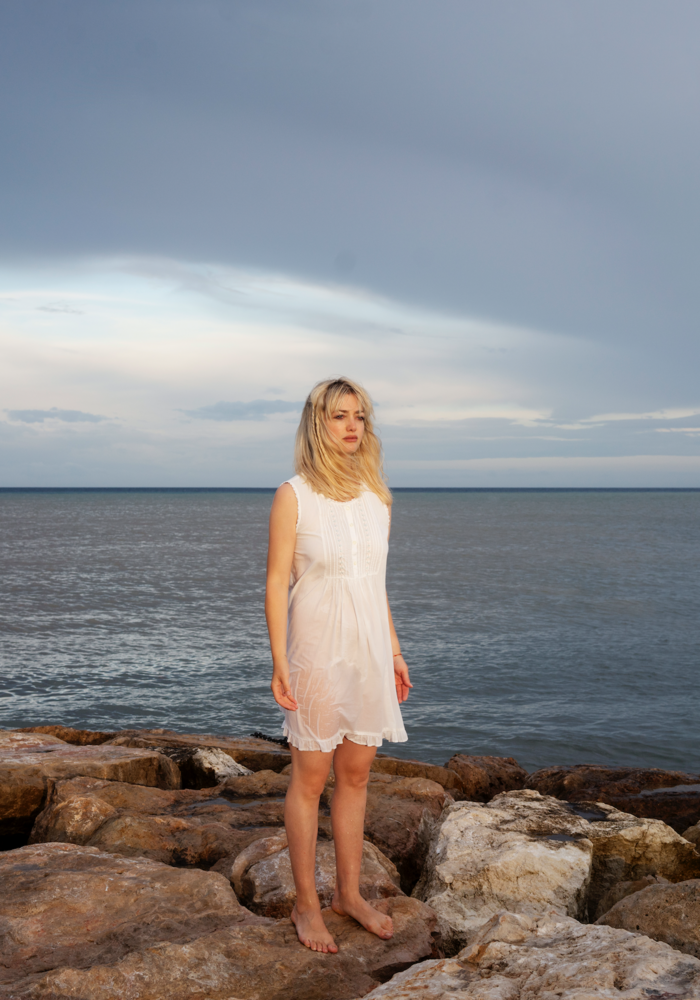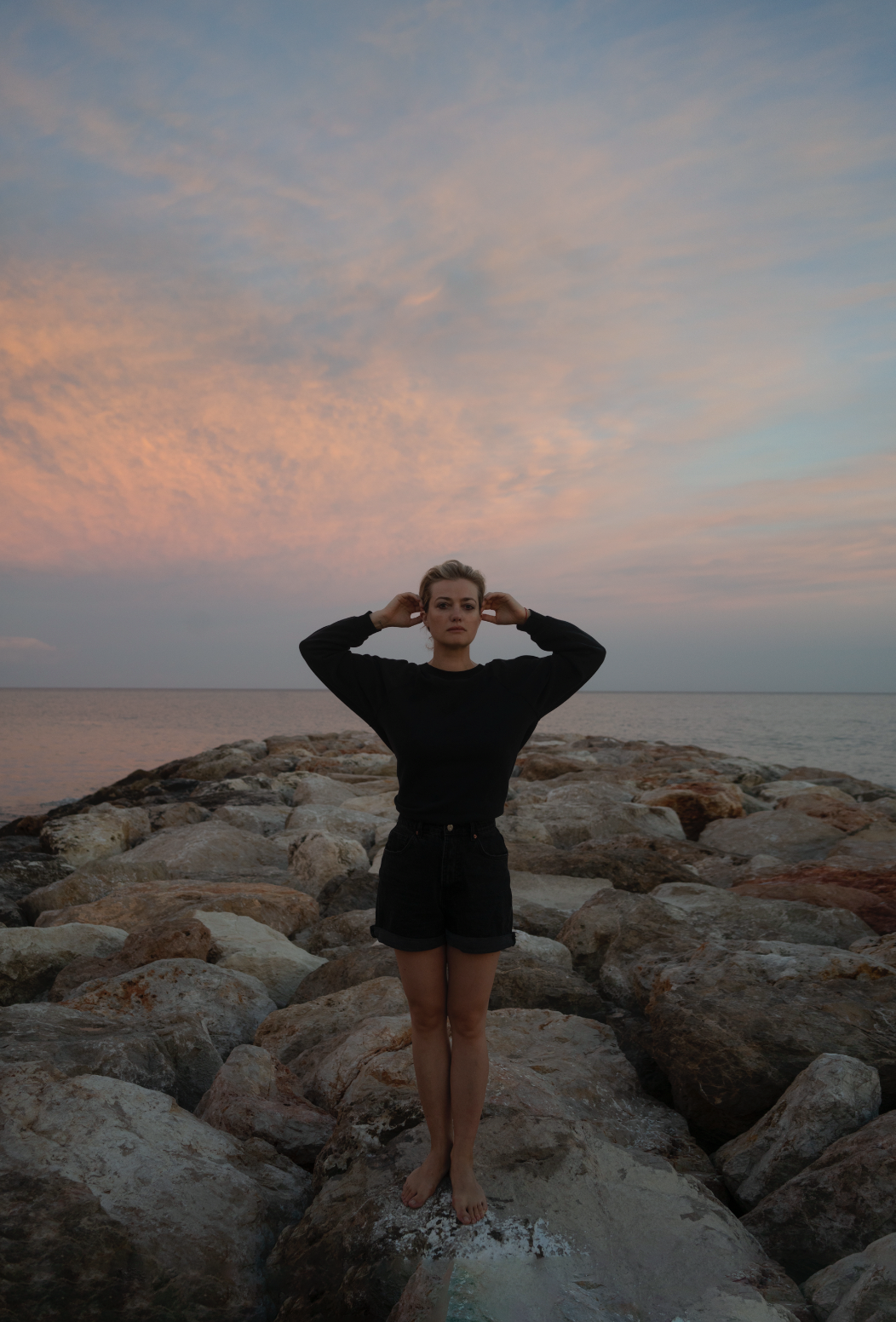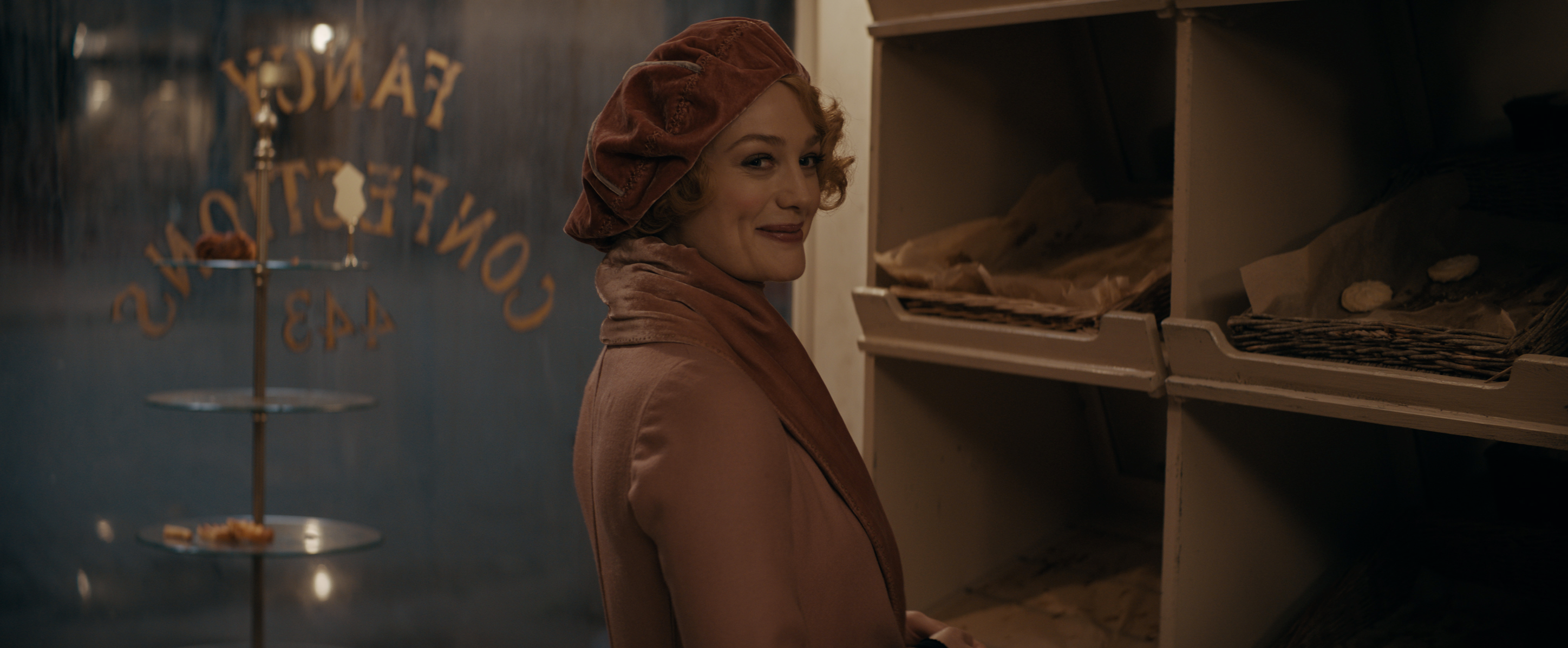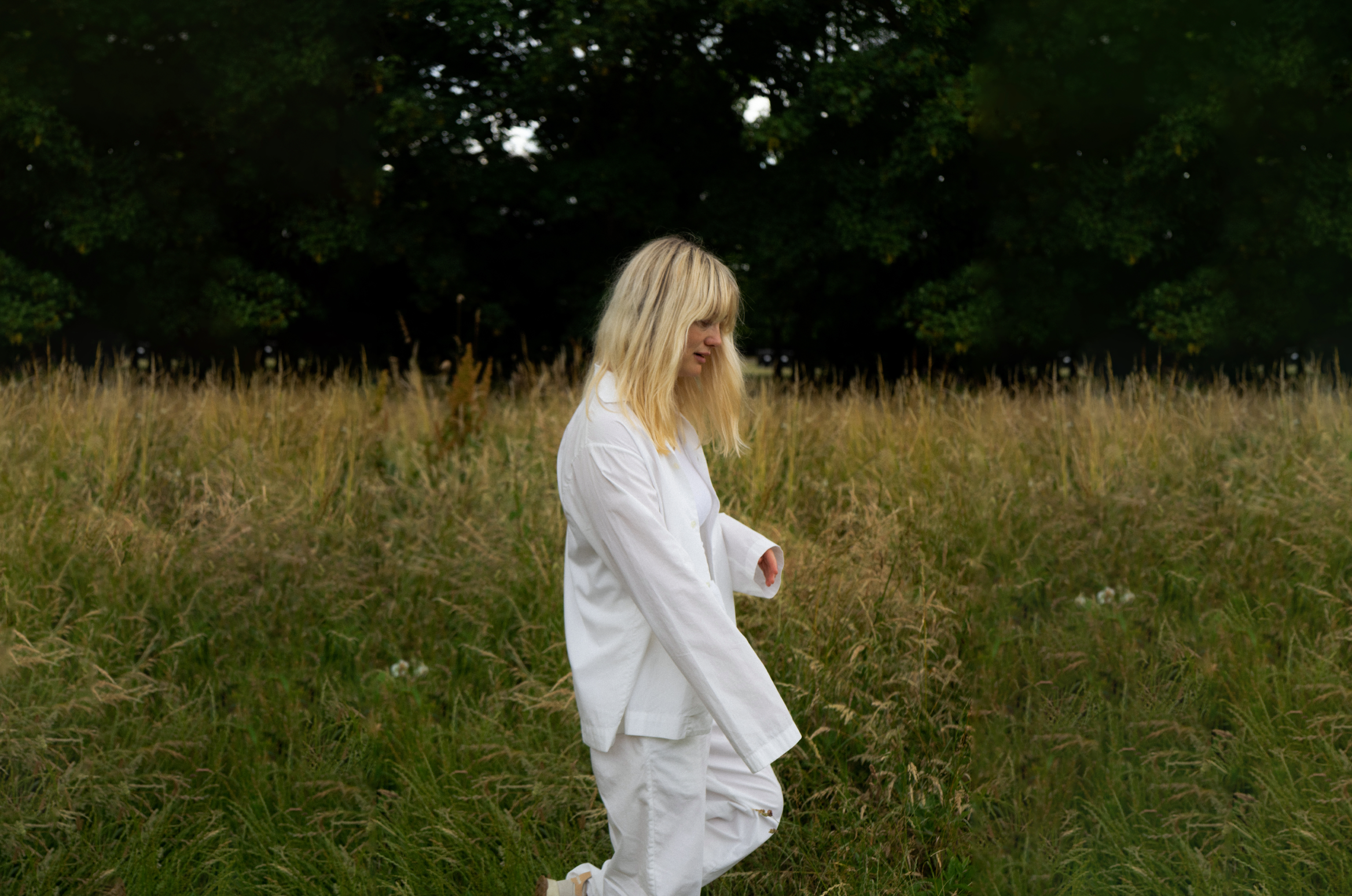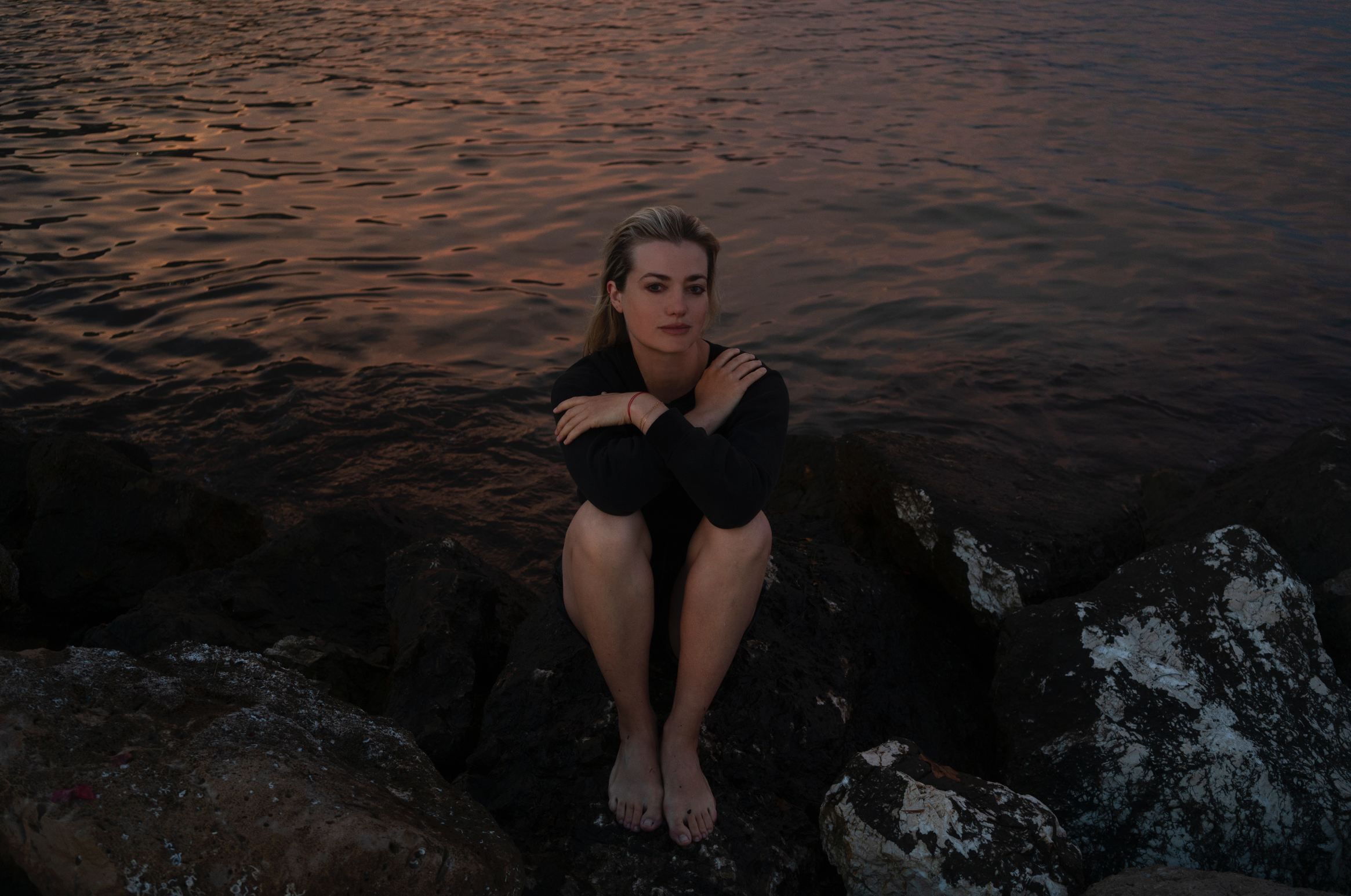Alison Sudol uprooted herself from L.A and moved to London to play Queenie in the Harry Potter prequel Fantastic Beasts: The Secrets of Dumbledore. Suddenly, the UK went into lockdown and Sudol suffered a miscarriage. The singer-songwriter and actress explains how she channelled her anguish into her new album, Still Come the Night.
Sudol is cramming as many chores as possible into an hour. “I’m a mum so I'm going to try and exercise, do some bills, emails and laundry in the time that I have free. It sounds really boring. I bet you're really glad you asked that question,” she laughs warmly, making up for it by joking that she’s about to go out on her yacht.
Sudol’s day to day tasks seem all the more mundane when you factor in that from 2016 to 2022 she has starred as Queenie Goldstein in the Fantastic Beasts franchise alongside Eddie Redmayne, Jude Law and Johnny Depp.
Making the move from L.A to London after meeting her partner in the UK and in order to shoot 2022’s Fantastic Beasts: The Secrets of Dumbledore, Sudol moved to the UK capital just before England’s first lockdown.
“It was an interesting time to move,” she acknowledges, a wry smile on her face. “I'm only just getting to know the neighbourhood now it’s open. It seemed like a new adventure to try living in London properly.”
